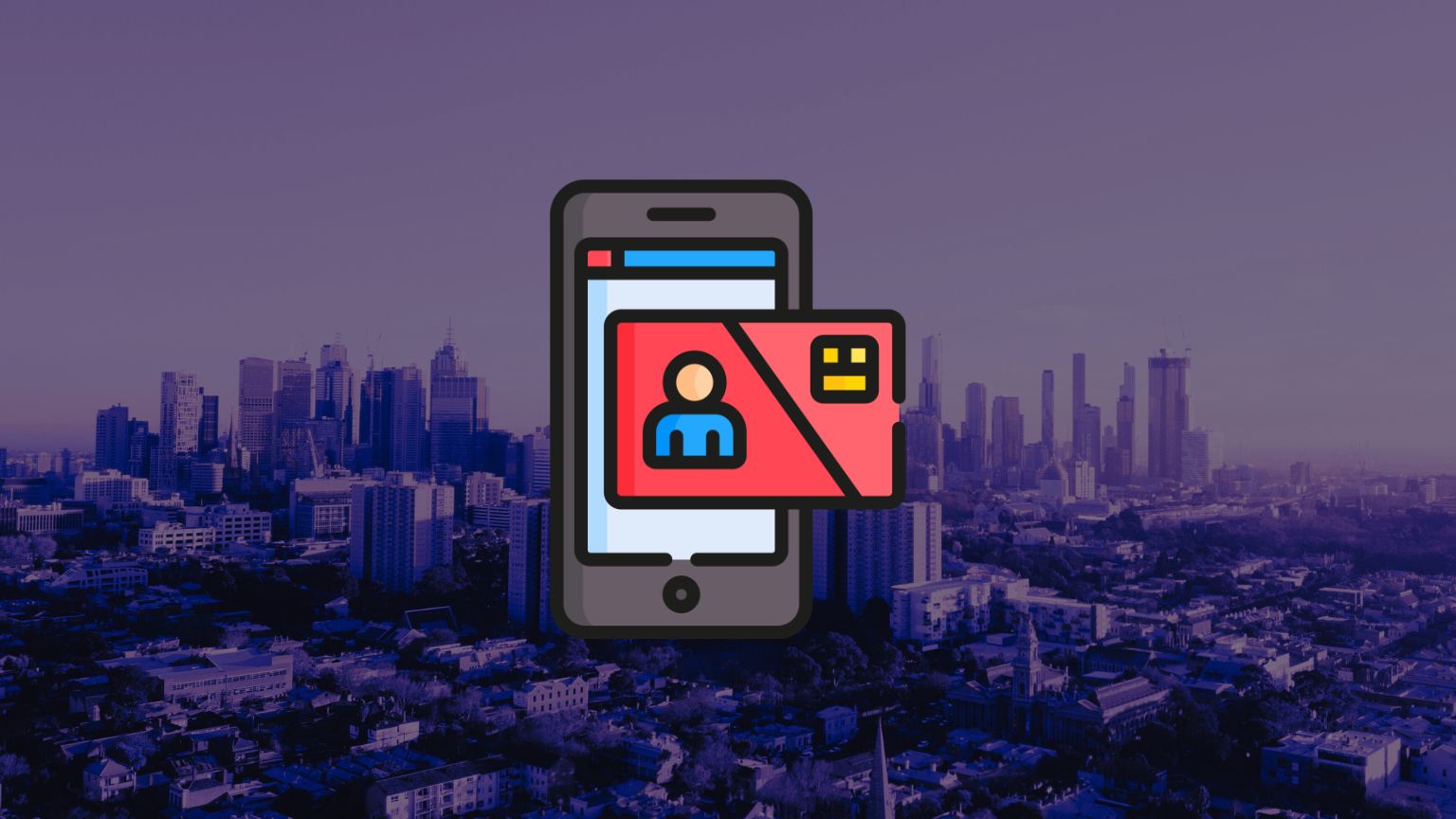The Australian state of Victoria plans a full launch of a digital ID in the form of a digital driver’s license by 2024. A trial of the scheme will launch in the regional town of Ballarat in June and run for six months.
Ballarat residents will sign up for the pilot program through the Vicroads website or Service Victoria, and will have the option to store a digital version of their driver’s license on the Service Victoria app or the newly launched my Vicroads app.
“We know Victorians want digital driver licenses, and that’s why this trial is such a big step before further rollout occurs,” said Melissa Horne, Victoria’s Minister for Roads and Road Safety.
The digital driver’s license will allow users to check if their licenses have been canceled or suspended and allow them to update home addresses in real time. The constantly refreshed QR code will allow law enforcement, businesses, and others to verify the authenticity of the license.
“This is world-class technology – the digital driver license has a constantly refreshed unique QR code, and the customer has control over the level of personal information shared,” said Danny Pearson, Victoria’s Minister for Government Services.
During the trial period, the state government will seek feedback from motorists, police, retailers, and other organizations to ensure accessibility and security of personal data.
Victoria will not be the first state to launch a digital driver’s license. The states of New South Wales and South Australia have fully launched digital driver’s licenses. Queensland launched a digital license trial last month.
The drive towards digital driver’s licenses, as seen in Victoria’s upcoming 2024 rollout, is promoted as a significant leap in embracing the digital world’s conveniences.
However, this advancement has stirred some controversy. The move introduces new concerns about privacy, data security, and the potential for increased surveillance, fearing that these digital licenses could become a target for hackers. There’s an undercurrent of worry about digital exclusion and the ability to remotely deny people from aspects of society.










